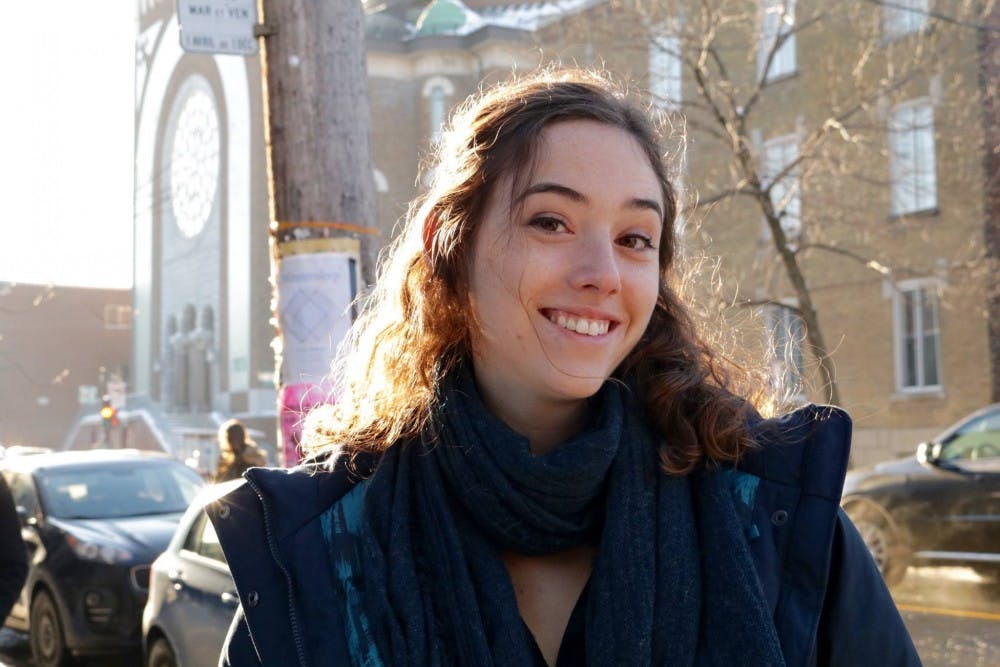Of the eight nights that I was home for spring break, four were consumed by the appallingly and unbelievably long “Bachelor” finale. My parents, brother, sister and I watched, half-mocking and half-enthralled, as Arie Luyendyk Jr. – 36 years old, 6’2’’, conspicuously graying, son of two-time Indianapolis winner Arie Luyendyk – vacillated pathetically between his two remaining love interests. We studied Arie as he dumped Lauren, proposed to Becca, changed his mind, dumped Becca – stay with me here – and, ultimately, proposed to Lauren in front of a live studio audience.
It would’ve been purely comedic, if the two women, Becca and Lauren, hadn’t seemed so thoroughly shattered by it all. It felt straight-up cruel to laugh at Becca and Arie’s on-screen break up after watching a painfully long clip of Becca weeping over photos of her and Arie during their (admittedly brief) engagement. It would seem these women involved in the later stages of this game-show romance are genuinely affected by it, as indicated by the copious tears they both shed over their shared boyfriend.
To read the New Yorker’s profile of former “Bachelor” producer Sarah Gertrude Shapiro though is to understand the dramatics unfolding on screen less as a romance between the bachelor and the women and more as a manipulative relationship between the producers of the show and the contestants. Shapiro described a “complicated manipulation through friendship." As a producer on “The Bachelor,” she carried a lemon or a jalapeño in her pocket so that she could cry on command, eliciting reciprocal emotional outbursts from the female contestants.
Sometimes, the manipulation went beyond empathetic tears, like when Shapiro asked a girl who had just been sent home and who had previously expressed issues with her self-image, “Do you think he dumped you because you are fat?” These “exit interviews” conducted in the back of a car with contestants who had just been sent home are generally vicious: “They’d often tell us to drive up and down the 405 until the girls cried – and not to come home if we didn’t get tears, because we’d be fired,” Shapiro says. All of it – the copious amounts of alcohol, and the banning of phones or outside media, and the pointed questions from the producers – is designed to heighten the emotions of the contestants, building their romantic feelings into entertainment fodder for a hungry American public.
The real core of my question here is, of course, whether I can still watch “The Bachelor,” which I find to be both wildly entertaining and mind-soothingly dull, with a clear conscience. Can I really, in good faith, support a show where producers are apparently given hundred-dollar bills if they’re the first to make a contestant cry? Is the emotional manipulation practiced by producers cruel or simply another aspect of the reality TV world of romance? I’m inclined toward the latter, given the fact that all of the contestants sign themselves up for this strange, convoluted romantic journey. Regardless, for equality’s sake, I feel required to watch Becca break some hearts on the upcoming “Bachelorette” season.



